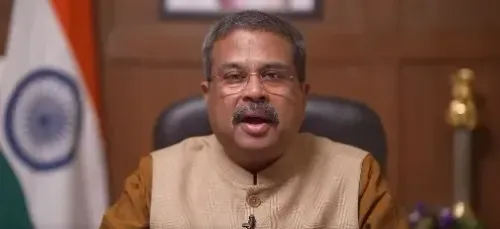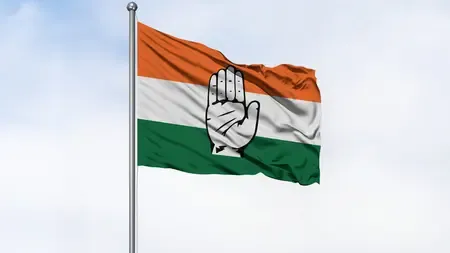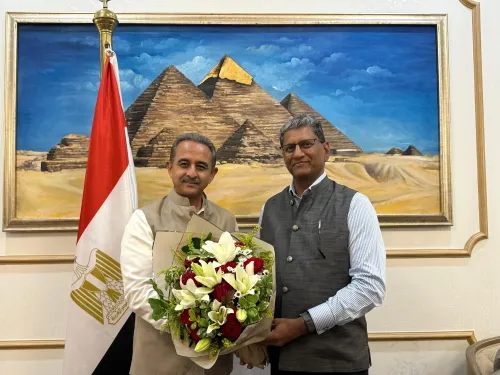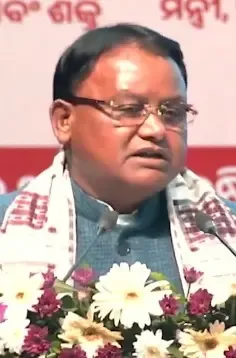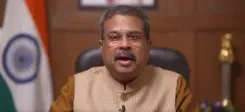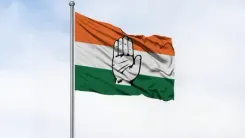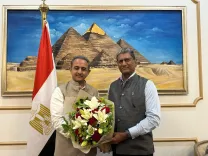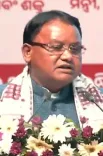How Did PM Modi Honor the Fearless Voice of Democracy, Jayaprakash Narayan?
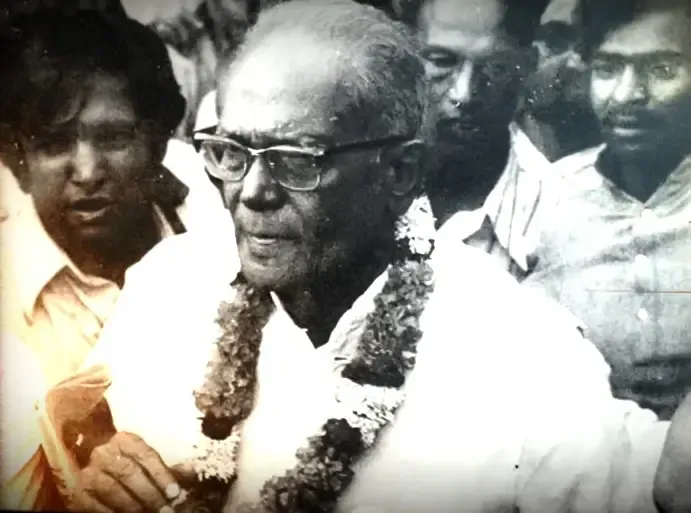
Synopsis
Key Takeaways
- Jayaprakash Narayan was a key figure in India's democratic movement.
- He called for Sampoorna Kranti to advocate for social change.
- His actions challenged the Congress government during the Emergency.
- JP's legacy continues to inspire movements for justice and equality.
- He spent time in prison, demonstrating his commitment to democracy.
New Delhi, Oct 11 (NationPress) Prime Minister Narendra Modi honored Lok Nayak Jayaprakash Narayan, affectionately known as JP, on his birth anniversary this Saturday, reflecting on his legacy as one of India's most courageous advocates for democracy.
Born on October 11, 1902, in Sitab Diara village of Chhapra district, Jayaprakash Narayan Srivastava is celebrated for spearheading a major movement in the mid-1970s against former Prime Minister Indira Gandhi, advocating for a 'Sampoorna Kranti (Total Revolution)', which marked a pivotal era in India’s democratic narrative.
In a video tribute shared on X, PM Modi remarked, "Examining Jayaprakash Narayan's life reveals that despite numerous challenges, one can always strive to progress. Even in his advanced years, he rose to confront the issues facing the nation. His journey teaches us that setbacks should not dishearten us."
"Loknayak JP devoted his existence to uplifting the common man and fortifying Constitutional principles. His impassioned call for Sampoorna Kranti sparked a societal movement aimed at fostering a nation rooted in equity, integrity, and effective governance," he continued.
PM Modi noted that JP ignited mass movements throughout India, especially in Bihar and Gujarat, which catalyzed a political renaissance that rattled the Congress government of that time.
"These movements unsettled the Congress Government, which subsequently imposed the Emergency and infringed upon our Constitution," he stated.
Reflecting on JP's imprisonment during the Emergency, the Prime Minister recounted, "During this period, Loknayak JP endured prolonged solitary confinement. His Prison Diary reveals both his pain and unwavering faith in democracy, stating, 'Each nail driven into the coffin of Indian democracy pierces my heart.'"
In 1975, following the Allahabad High Court's ruling against Indira Gandhi for electoral misconduct, Jayaprakash Narayan demanded her resignation alongside that of state chief ministers and urged military and police to reject unethical orders.
He pushed a transformative agenda under his vision of 'Sampoorna Kranti', aiming to reconstruct Indian society based on justice, equality, and morality.
In response to his call for public action, Indira Gandhi declared a national Emergency at midnight on June 25, 1975, resulting in the detention of opposition leaders and dissenters.
Jayaprakash Narayan famously gathered an audience of 100,000 at Delhi's Ramlila Maidan, reciting the renowned poem by Rashtrakavi Ramdhari Singh 'Dinkar', 'Singhasan khaali karo ke janata aati hai', symbolizing the people's assertion of democratic authority.
He was subsequently held in Chandigarh, where his health declined during incarceration. Briefly granted parole to assist with flood relief in Bihar, his condition worsened, leading to his release on November 12, 1975.
Jayaprakash Narayan passed away on October 8, 1979, in Patna, just days shy of his 77th birthday, due to complications from diabetes and heart ailments.

